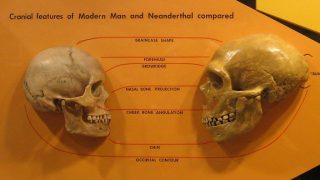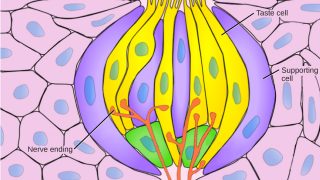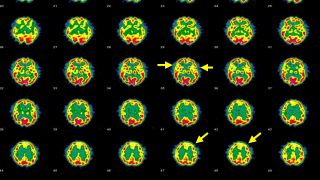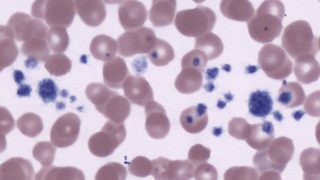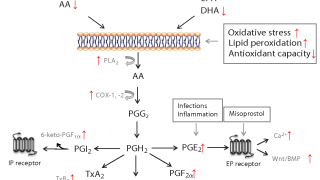
Pregnancy, a second puberty for the brain
It has been known for a while that pregnancy changes the brain. We had available data for humans and other mammals showing that after becoming mothers, women’s brains had undergone such profound changes that it is sometimes compared to the reorganization the brain suffers during puberty. What’s new then? A recent study put a scientist […]

